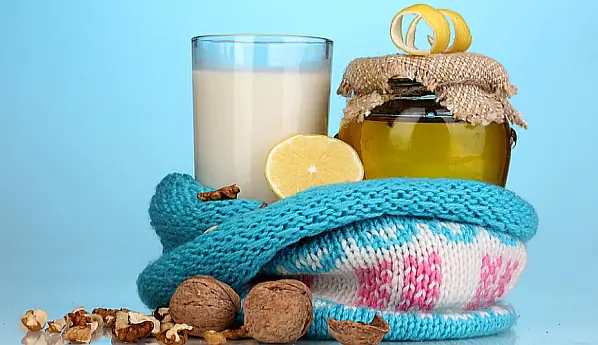Inflammation of the bladder, or cystitis, is a common condition, especially among women. Its incidence in women is nine times that of men, and approximately 60-70% of women will experience this disease during their lifetime. However, only about 10% of them develop the disease into a chronic form. In this article, we will look at some important steps you can take to prevent chronic cystitis.
The first signs of cystitis may include a frequent urge to urinate, cloudy urine, and an unpleasant tingling or pain in the lower abdomen. When a woman notices such symptoms, she often makes a preliminary diagnosis of cystitis and goes to the pharmacy for antibiotics. Although a few pills may temporarily relieve symptoms, they do not solve the underlying problem. Treatment of acute cystitis should be complete and include at least 6-10 days of antibiotics, followed by several weeks of diet to completely get rid of inflammation. Insufficient treatment can lead to the disease becoming chronic, making it difficult to cure.
If you experience symptoms of cystitis, it is important to see your doctor to get the right treatment. It is also recommended to change your diet and lifestyle. During an exacerbation of cystitis, it is useful to drink large amounts of warm drinks. You can drink rosehip infusion, cranberry juice, compotes, weak tea with milk or juices. Don't be afraid to increase the frequency of your visits to the toilet. Drinking enough fluid dilutes the urine, reduces its irritating effect on the inflamed bladder wall and helps remove bacteria, pus and mucus. During acute cystitis, you should avoid spicy and salty foods, seasonings and canned food, as well as strong coffee, tea and alcohol. It is recommended to consume dairy and plant foods, as they will help cope with the problem.
However, it is best to avoid cystitis altogether. By following some recommendations, you can prevent the occurrence of this disease. It is important to lead a healthy lifestyle, avoid hypothermia and mechanical damage to the urinary canal. Cystitis is often a consequence of unsafe sex, so confidence in your sexual partner is also an important factor in prevention.
In fact, there are several ways to prevent chronic cystitis. Here are some useful tips:
-
Maintain hygiene: Regularly washing the area around the urinary opening will help prevent bacteria from entering the bladder. It is important to remember that washing should be gentle and do not use aggressive detergents.
-
Drink enough water: Drinking enough water helps rinse the bladder and remove bacteria from the body. It is recommended to drink 6-8 glasses of water throughout the day.
-
Empty your bladder on time: Holding urine can create a breeding ground for bacteria. Therefore, it is important to empty the bladder on time without holding urine.
-
Avoid hypothermia: Cold can weaken the immune system and promote infection. Therefore, you should avoid prolonged exposure to the cold and wear warm clothes during the cold season.
-
Proper nutrition: The diet should include foods rich in antioxidants and vitamins to support the immune system. Fermented milk products, fresh vegetables and fruits, nuts and green tea may be helpful in preventing inflammation.
-
Follow the rules of sexual hygiene: Before and after sexual intercourse, you must wash your face to avoid introducing bacteria into the urinary canal. It is also recommended to use condoms to protect against infections.
-
Avoid stress: Stress can weaken the immune system and increase the risk of infection. Try to find time for relaxation, play sports or practice meditation.
Although it is impossible to guarantee complete protection against cystitis, by following these recommendations you can reduce the likelihood of it occurring. If you experience symptoms of cystitis or are at increased risk for this condition, see your doctor for diagnosis and treatment. Remember that seeking medical help early can help prevent cystitis from progressing to a chronic form and keep you healthy.



